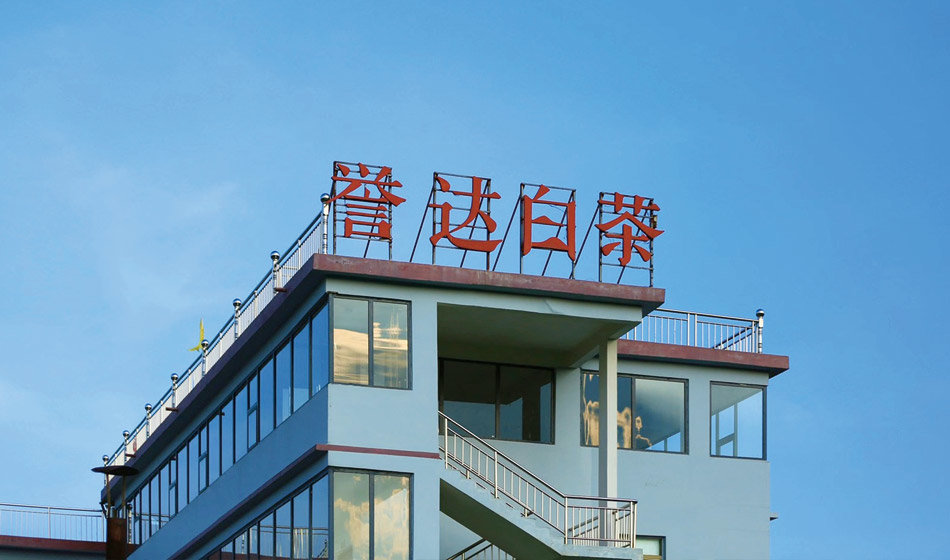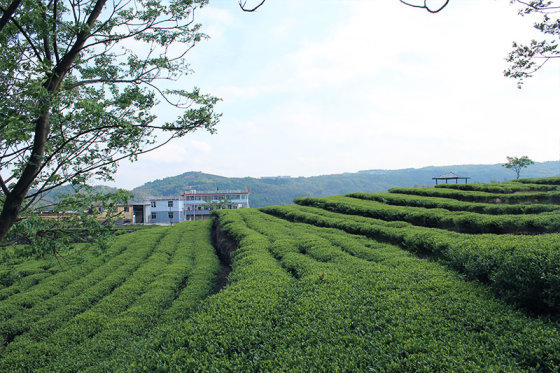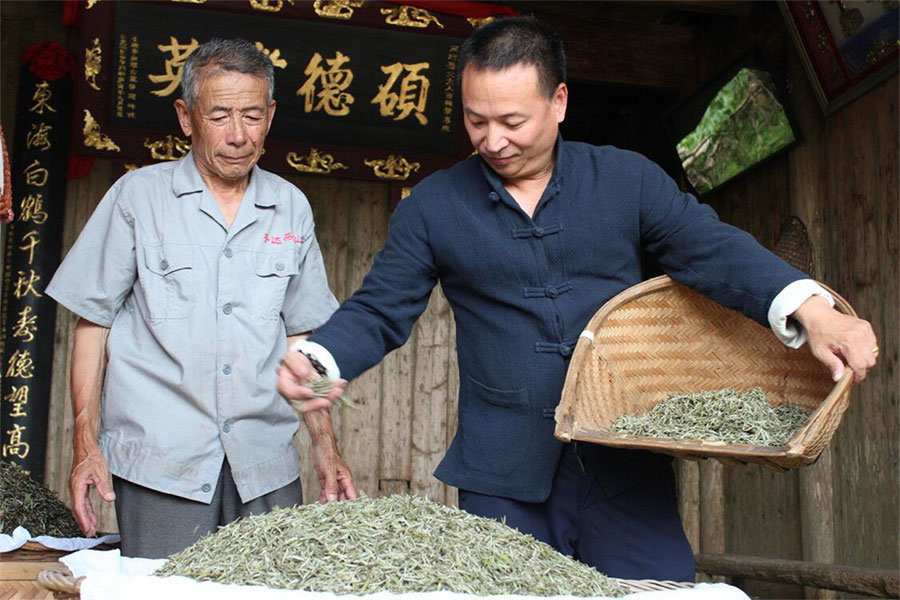
White Tea
White tea, a slightly fermented tea, is a special treasure among Chinese teas. It is named because the finished tea is mostly buds, covered with white hair, like silver and snow. One of the six major tea categories in China. White tea is not cured or rolled, but is processed only by sun or slow fire drying. It has the quality characteristics of intact buds, full body, fresh aroma, clear yellow-green soup, and light and sweet taste. White tea has very good medicinal properties. It has the effects of relieving hangover, clearing away heat and moisturizing the lungs, calming the liver and replenishing blood, anti-inflammatory and detoxifying, lowering blood pressure and reducing fat, eliminating fatigue, etc. It is especially suitable for physical discomfort and digestive dysfunction caused by excessive smoking and alcohol, excessive greasy food, excessive liver fire, etc. , has unique and wonderful health care effects.
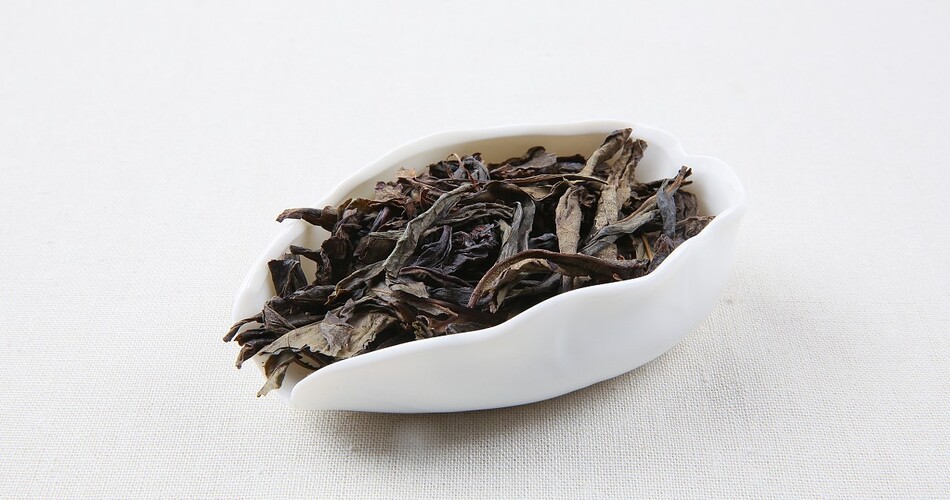
Origin Value
Yuda tea is sourced from Huanggang Tea Township, the core producing area of white tea in China.
Since ancient times, the Zhou family, the Yuda tea people who live in this land and water, have known each other and depended on Baimao Tea.
Protecting the glory and reputation for hundreds of years, it is because it has been passed down from generation to generation and has always insisted on producing a reputable work.
Fujian Yuda Tea Co., Ltd. was established in 2004. The company focuses on corporate innovation and brand building. It has passed China's Good Agricultural Practices GAP, SC, HACCP and Fujian Province Pollution-free Tea Base certification. Since 2007, the company has been rated as "Top 100 Enterprises in China's Tea Industry", "AAA Credit Unit of Chinese Tea Enterprises" and "Top Ten White Tea Enterprises in China" for fourteen consecutive years, and was awarded "Three Meritorious Tea Enterprises" by the Fuding Municipal People's Government. "title.
Tea Base
Standardized factory building
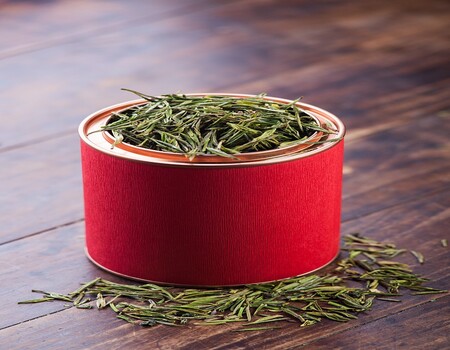
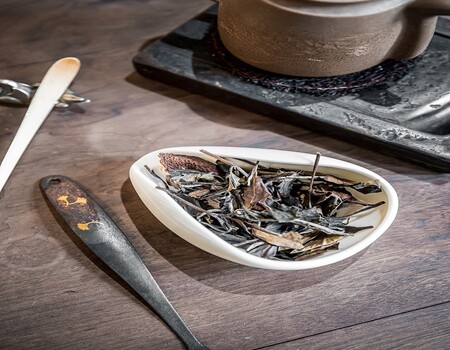
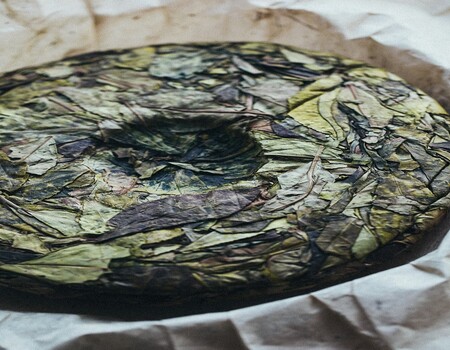
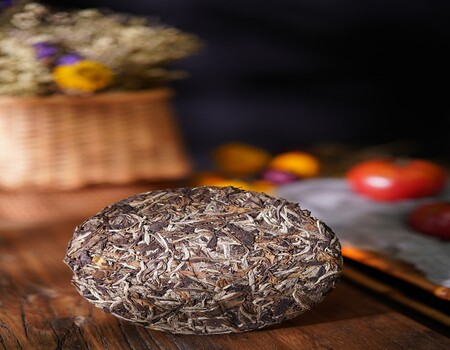
Brand Introduction
Fuding Dabai tea spread to Huanggang Tea Township in the first year of Guangxu, when Zhou Kaichen transplanted it from Houjing and started making Baimao tea with his tribe. It has been inherited for more than 140 years. The fifth generation inheritor Zhou Qinghe (representative inheritor of intangible cultural heritage and Chinese tea master) has inherited the essence of white hair tea production and made leaps and bounds in quality. The sixth generation inheritor Zhou Ruiyin (traditional The master of craft tea making) has further optimized the white hair tea products. These reputable works passed down from generation to generation have made Yuda famous. Every piece of Yuda white tea I see today records a century-old taste.
